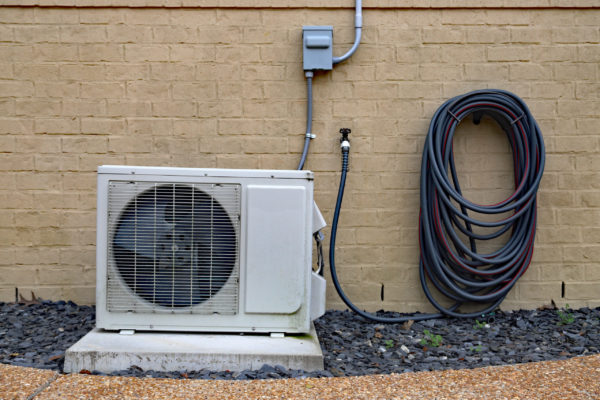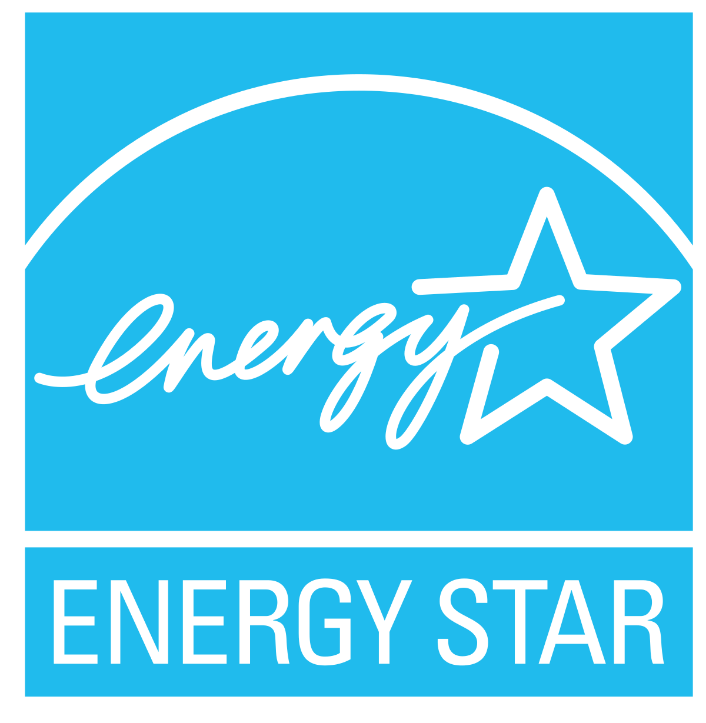
Heat pumps offer a versatile and energy-efficient solution to keeping your home comfortable year-round. But how do they really work? While the term “heat pump” may make you think they only provide warmth, these systems are actually designed to handle both heating and cooling. Here, we’ll take a closer look at how heat pumps function and why they’re a smart choice for both heating and cooling in your home.
The Basics of Heat Pump Operation
A heat pump operates by transferring heat rather than generating it, which makes it significantly more energy-efficient than traditional heating methods. The key component that allows a heat pump to switch between heating and cooling is a reversing valve. This valve reverses the flow of refrigerant, enabling the system to work as either a heater in winter or an air conditioner in summer.
In the winter, a heat pump extracts warmth from the outside air—even when it’s cold—and moves it indoors. In the summer, it works in reverse, pulling heat from inside your home and transferring it outside, much like a standard air conditioner. By moving heat instead of creating it, heat pumps use far less energy than electric or gas-powered heating systems.
Understanding Refrigerant and Heat Transfer
The refrigerant inside a heat pump is essential to the heat transfer process. During operation, the refrigerant circulates through coils, absorbing heat at one end and releasing it at the other. When in heating mode, the refrigerant absorbs heat from the outdoor air and compresses it to increase its temperature. The heated refrigerant then passes through indoor coils, releasing warmth into your home.
In cooling mode, the process reverses. The refrigerant absorbs heat from inside your home and releases it outside, lowering the indoor temperature. This heat transfer process is continuous and efficient, ensuring your home stays at a comfortable temperature no matter the season.
Why Choose a Heat Pump?
Heat pumps offer several advantages, especially for homeowners looking to reduce energy usage and save on utility bills. Since heat pumps only move heat rather than creating it, they use significantly less electricity than traditional heating systems. This energy efficiency translates into savings on your monthly utility bills. Additionally, heat pumps are known for their reliability and ability to provide consistent comfort throughout the year, making them a great investment for both heating and cooling needs.
Energy Efficiency and Environmental Impact
Heat pumps are also environmentally friendly. By relying on a renewable heat source (the air), they produce far fewer greenhouse gas emissions compared to systems that burn fuel. This makes them an ideal choice for environmentally-conscious homeowners who want to lower their carbon footprint while keeping their homes comfortable.
Heat Pump Experts Are Just a Call Away!
If you’re curious about how a heat pump might work in your home, we’re here to help. At Mike's Heating and Air, we’re experts in all things heating and cooling. Our team can help you choose the right system and handle the installation, so you enjoy year-round comfort. Contact us today to learn more or to schedule a consultation!














